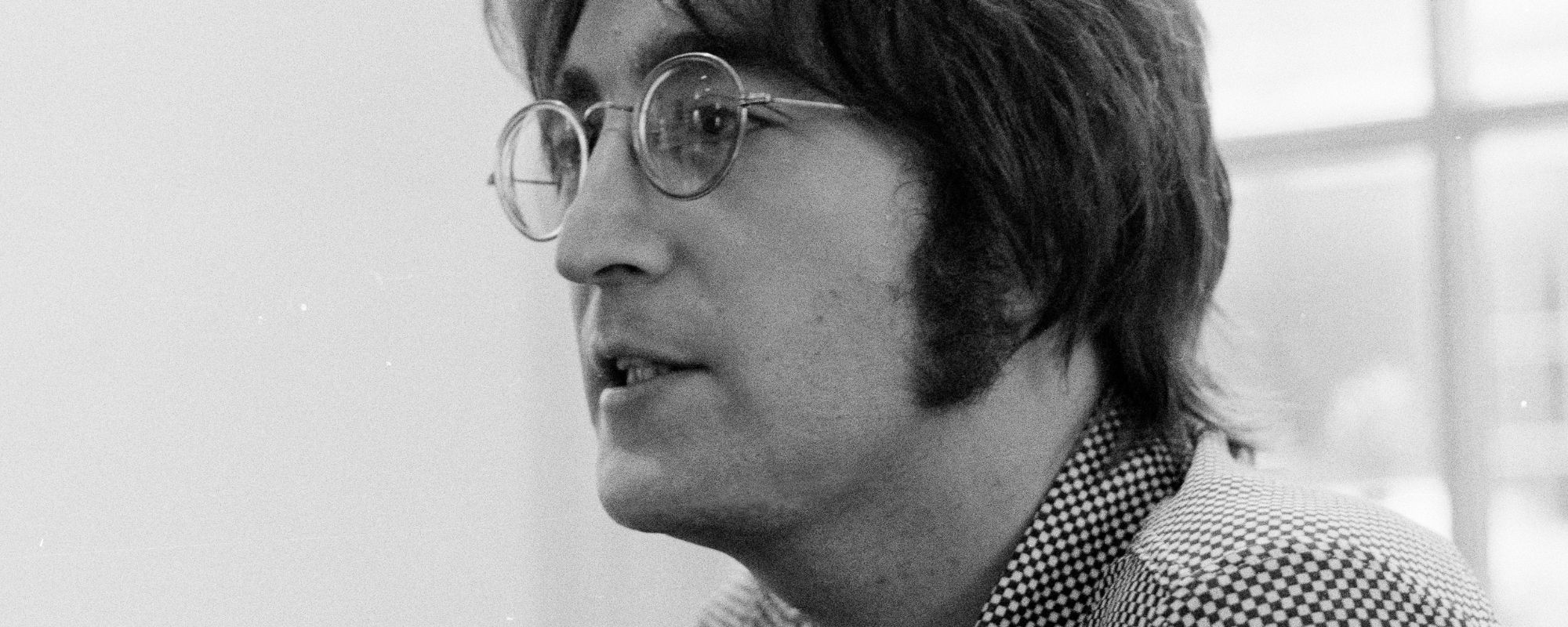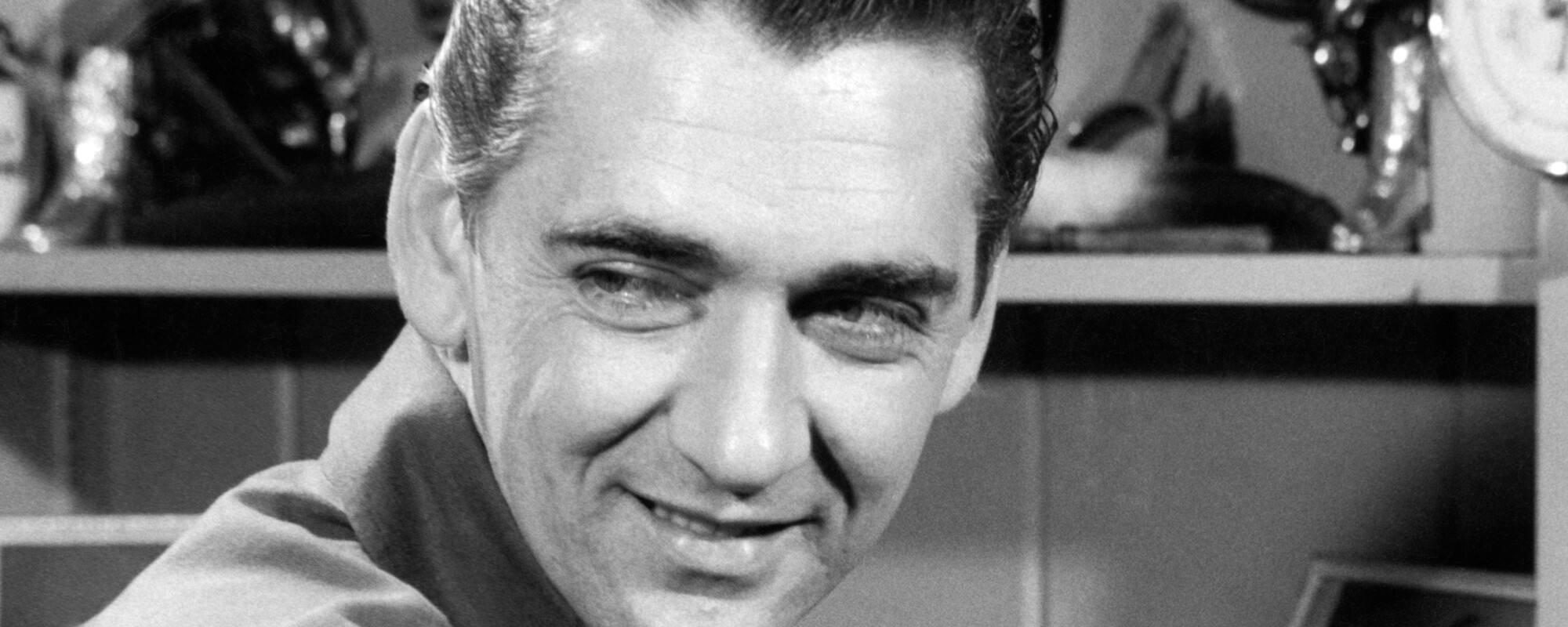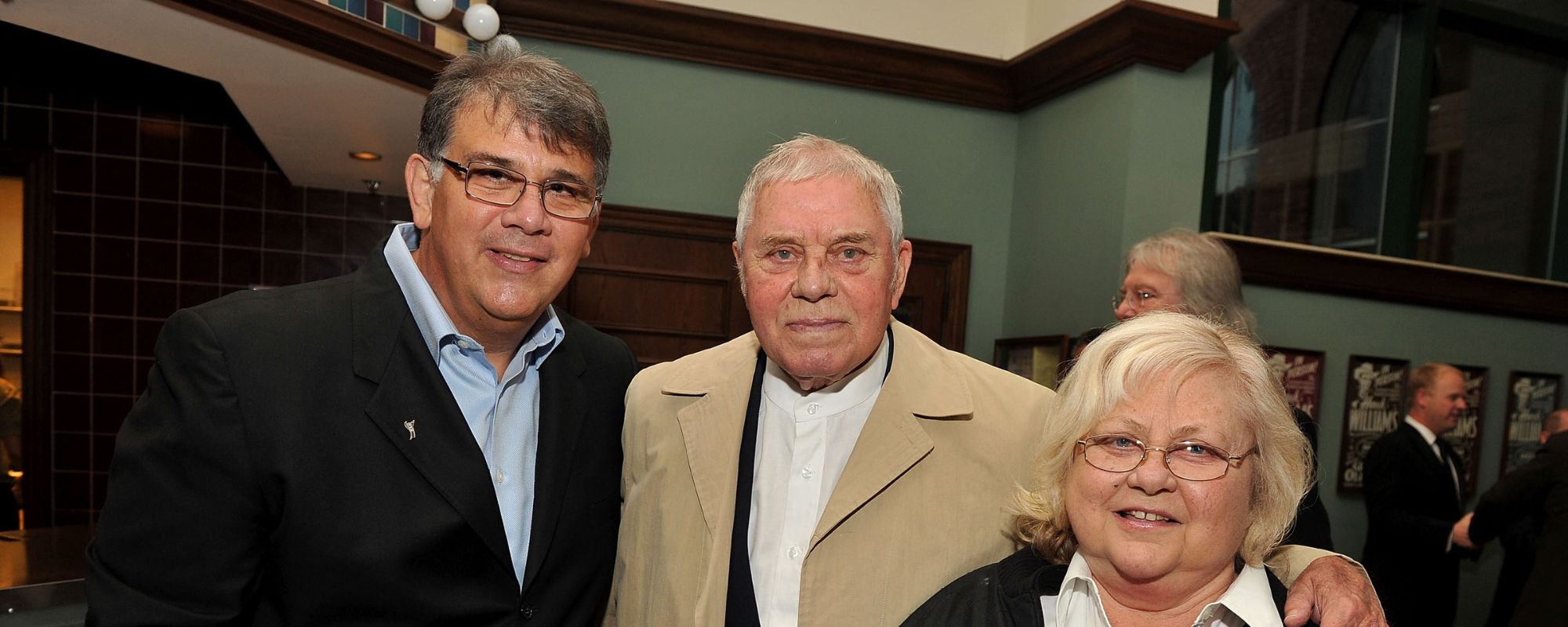Writing a song about a breakup can certainly be a cathartic experience. But what’s that experience like when you bring that song into your band that features your ex, who is then chosen to sing the song? Perhaps the way it all hit so close to home is what makes “The Winner Takes It All”, released in 1980 by ABBA, so special. The principals had already been through the wringer by the time the song was written and recorded. They simply replicated the emotional upheaval for everyone to hear.
Videos by American Songwriter
Writing a “Winner”
Bjorn Ulvaeus has claimed that “The Winner Takes It All” is not an exact blow-by-blow of the issues that led to his divorce from fellow ABBA member Agnetha Faltskog. He didn’t look at their divorce in terms of winners and losers. But he did admit that he drew from the experience for some inspiration for the lyrics.
He also drew from the bottle. Ulvaeus and his writing partner, Benny Andersson, had worked up the music for the song, originally called “The Story Of My Life”. That music featured a galloping beat contrasted by a dramatic piano motif. The pair knew that they had an excellent foundation. They needed the lyrics to match.
Ulvaeus took the music home with him, and, while coming up with the lyrics, took a few belts. While imbibing to come up with lyrics had never been a good idea for him in the past, the alcohol helped him unlock an effective metaphor around which to center the song.
Meanwhile, Faltskog didn’t flinch at having to sing the lyrics that folks listening would immediately think were about the end of her relationship with Ulvaeus. She ended up delivering a bravura performance that didn’t skimp on the melancholy of the situation but also brimmed with courage.
Examining the Lyrics of “The Winner Takes It All”
“The Winner Takes It All” by ABBA presents love as a zero-sum game, especially in the wake of its cessation. In this case, the narrator comes up on the losing end. Rather than shrinking from the outcome, she accepts her defeat, along with all the resulting sorrow that accompanies it.
When she runs into her ex, she asks that they not relitigate their past. They came into the relationship on even terms, and each made their best efforts: “I’ve played all my cards/And that’s what you’ve done too,” she admits. When it’s all over, she doesn’t deny the outcome: “The loser standing small/Beside the victory/That’s her destiny.”
In the second verse, however, she begins to wonder if the contest was fair play. Once she felt secure, the rug was pulled out from under her. “But I was a fool playing by the rules,” she admits. She suggests gods are toying with the mortals, deciding their fate by a game of chance: “And someone way down here/Loses someone dear.”
The third verse brings another woman into the picture, and the narrator flouts the decorum of the game somewhat by asking him about her. In the last refrain, the game metaphor is expanded to include judges and spectators. It’s as if she’s concocting this elaborate scenario as a way of trying to make sense of it all herself.
At the end, he wants to show sportsmanship: “And I understand, you’ve come to shake my hand.” But she doesn’t grant him that gesture. That’s when Faltskog belts out the title one more time with everything she has. It’s at that moment when it becomes clear. The exquisite craft behind “The Winner Takes It All” can’t quite hide the honest hurt at the heart of it.
Photo by Shutterstock













Leave a Reply
Only members can comment. Become a member. Already a member? Log in.